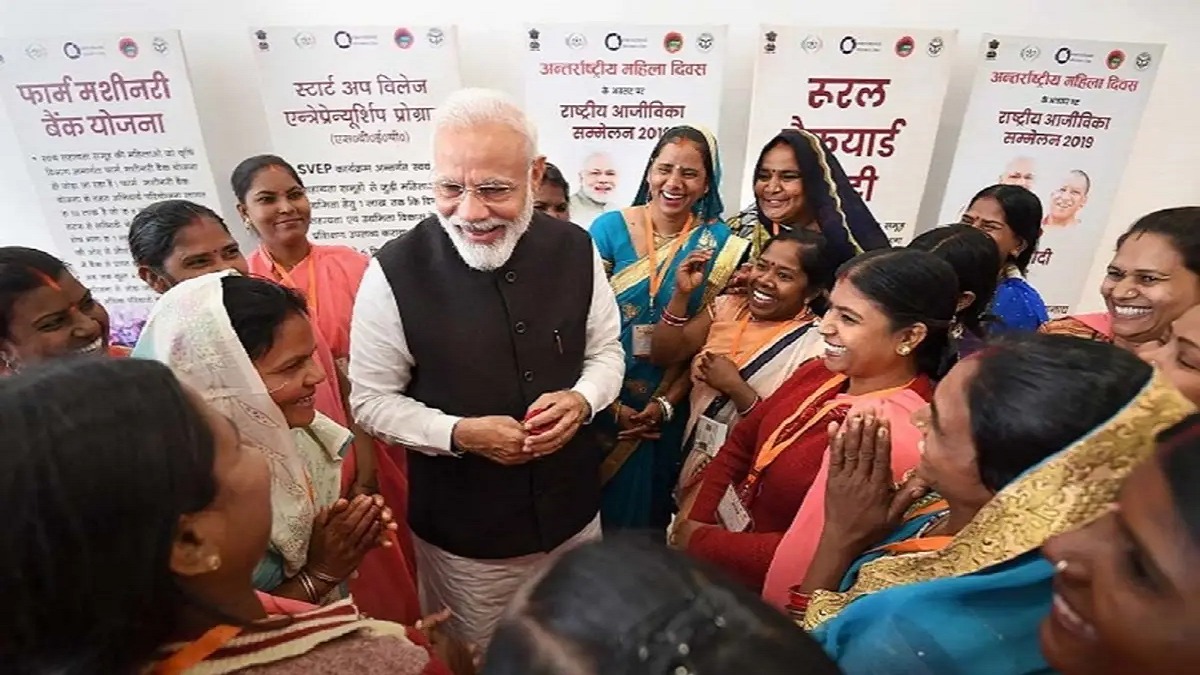*Heena Dhariwal
In today’s rapidly evolving world, the role of women in development cannot be overstated. From economic growth to social progress, women-led development initiatives have become instrumental in fostering sustainable change and building resilient communities. Recognizing the immense potential and untapped talent of women, governments, organizations, and communities worldwide are increasingly prioritizing efforts to empower women as leaders in development.
Historically, women have faced numerous barriers to full participation in development processes, including limited access to education, economic opportunities, and decision-making roles. However, as societies evolve and awareness grows, there is a growing recognition of the importance of gender equality and women’s empowerment in driving progress at all levels.
One of the most significant benefits of women-led development is its holistic approach to addressing complex societal challenges. Women often bring unique perspectives and experiences to the table, resulting in more inclusive and effective solutions. Whether it’s tackling poverty, improving healthcare, or promoting environmental sustainability, women leaders are at the forefront of driving meaningful change.
Furthermore, empowering women in development yields significant economic dividends. Studies have consistently shown that investing in women’s education and entrepreneurship leads to higher productivity, increased incomes, and greater economic resilience. By providing women with the necessary resources, support, and opportunities, societies can unlock their full potential as drivers of economic growth and innovation.
Moreover, women-led development initiatives are inherently more sustainable and equitable. Women tend to reinvest a higher portion of their income in their families and communities, thereby creating a multiplier effect that benefits society as a whole. Additionally, by addressing gender disparities and promoting women’s rights, these initiatives contribute to more inclusive and just societies, where everyone has the opportunity to thrive.
However, despite the progress made in recent years, significant challenges remain. Gender stereotypes, discriminatory practices, and cultural norms continue to hinder women’s full participation in development efforts. Additionally, women often face systemic barriers such as limited access to financing, unequal access to resources, and insufficient representation in decision-making processes.
To overcome these challenges and unlock the full potential of women in development, concerted efforts are needed at all levels. This includes implementing policies that promote gender equality, investing in women’s education and skills development, providing access to finance and resources, and creating supportive environments that enable women to succeed as leaders and changemakers.
Furthermore, it is essential to amplify the voices of women in development and ensure their meaningful participation in decision-making processes. This requires fostering inclusive spaces where women can share their perspectives, experiences, and expertise, and where their contributions are valued and respected.
The Modi government has implemented various initiatives to empower women in development. Programs like Beti Bachao, Beti Padhao aim to improve the status of girls, while schemes like Stand Up India promote entrepreneurship among women. Additionally, policies like maternity leave extension and the Ujjwala Yojana for clean cooking fuel have positively impacted women’s health and economic opportunities. However, there’s hope for further advancements in the upcoming years, focusing on enhancing access to education, healthcare, and economic opportunities for women across all strata of society. Continued efforts in policy implementation and innovative programs can drive greater gender equality and empowerment in the future.
In conclusion, women-led development is not just a matter of equality; it is a strategic imperative for sustainable progress. By empowering women as leaders and decision-makers, societies can unlock new sources of innovation, creativity, and resilience, leading to a brighter and more prosperous future for all. It’s time to recognize the transformative power of women in development and take decisive action to harness it for the benefit of present and future generations
*Research Scholar, Shyam University, Rajasthan


Leave a Reply